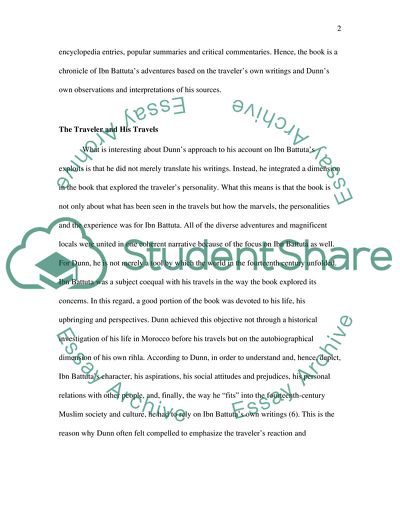Cite this document
(The Adventures of Ibn Battuta Book Report/Review - 1, n.d.)
The Adventures of Ibn Battuta Book Report/Review - 1. https://studentshare.org/geography/1763842-the-adventures-of-ibn-battuta
The Adventures of Ibn Battuta Book Report/Review - 1. https://studentshare.org/geography/1763842-the-adventures-of-ibn-battuta
(The Adventures of Ibn Battuta Book Report/Review - 1)
The Adventures of Ibn Battuta Book Report/Review - 1. https://studentshare.org/geography/1763842-the-adventures-of-ibn-battuta.
The Adventures of Ibn Battuta Book Report/Review - 1. https://studentshare.org/geography/1763842-the-adventures-of-ibn-battuta.
“The Adventures of Ibn Battuta Book Report/Review - 1”. https://studentshare.org/geography/1763842-the-adventures-of-ibn-battuta.


